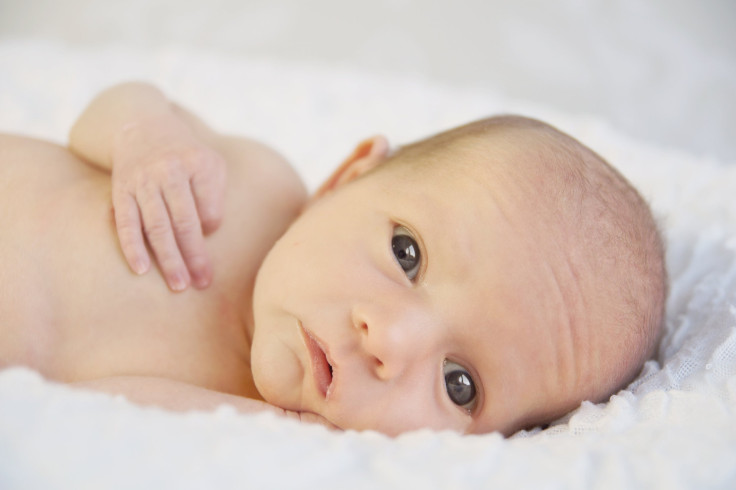Second Baby Believed To Be 'Cured' Of HIV Relapses, Disappoints Doctors: 'It Felt Like A Punch To The Gut'

Earlier this summer, the infamous Mississippi baby, who was believed to be cured of HIV due to aggressive treatment right after birth, was unfortunately found to still have levels of the virus in her system. While it appeared a second child in Italy had been cured as well, doctors now say that levels of the virus are still detectable and the baby has suffered a relapse.
So far, only one person has apparently been cured of HIV/AIDS — the Berlin Patient, or Timothy Ray Brown — due to a successful bone marrow transplant. The babies that received large doses of three antiretroviral drugs 30 hours after being born were also initially assumed to be cured, since their viral levels had been pushed to such a low. But it turned out this wasn’t the case, and the relapses were quite a blow to the medical community.
“It felt like a punch to the gut,” Dr. Hannah Gay, a pediatric HIV specialist at the University of Mississippi Medical Center, told CNN. “It was extremely disappointing from both the scientific standpoint … but mainly for the sake of the child who is back on medicine and expected to stay on medicine for a very long time.”
Early Treatment Won’t Necessarily Work To Cure Children
The Italian baby was born to an HIV-infected mother who didn’t receive prenatal care and didn’t even know she was infected with HIV until just before giving birth. Doctors believed that early treatment right after birth could help prevent HIV from taking over the infant’s system, but the recent relapse is just another reminder that early treatment might not be the best way to find a cure for children born to HIV-infected mothers.
“What we’ve learned here is if you have an HIV-infected child who started treatment early, the fact that you have negative tests does not signify that the child has been cured or that they can be taken off treatment,” Dr. Deborah Persaud, professor of infectious diseases at the Johns Hopkins Children’s Center in Baltimore, said. The Mississippi baby was taken off antiretroviral medication and lived for two years with undetectable levels of the virus, assumed to be cured. But at age 4, latent viruses were discovered hiding in her system.
The Italian boy, meanwhile — known as the “Milan baby” — had a similar situation. After being pumped with antiretroviral therapy for six months, his HIV levels dropped significantly and by age 3 it appeared that the virus had been eradicated completely.
However, tests later showed that dormant viruses hiding in his immune system had resurfaced. Both children will now need to be placed on antiretroviral medication for the rest of their lives.
Though this is a setback for the HIV/AIDS medical community, doctors are moving forward with trials to examine the best ways to treat babies born to HIV-infected mothers. There have been instances where mothers given HIV therapy before childbirth have prevented the transmission of the virus to her infant. “Because of that, I think it’s possible there may be some potential to prevent HIV infection in the first place after exposure with early therapies,” Dr. Bruce Hirsch, an infectious diseases specialist at North Shore University Hospital in Manhasset, N.Y., told WebMD.
Though disappointing, it's not all in vain; researchers will use the experience of early treatment as a springboard to better target latent viruses and provide infants with immediate therapy.



























